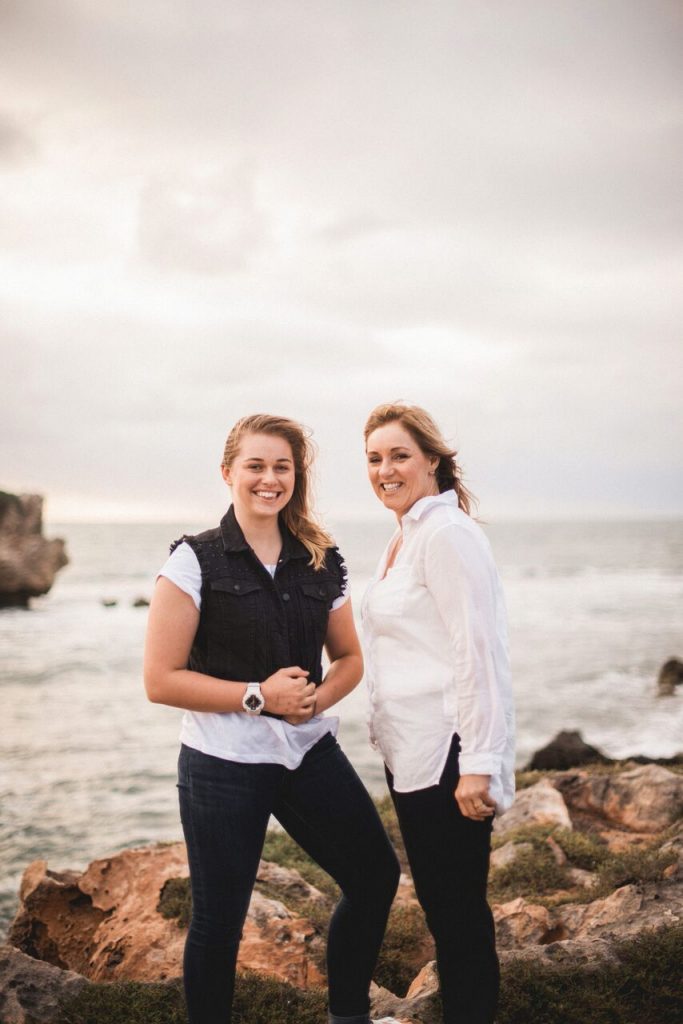“Between stimulus and response there is a space. In that space is our power to choose our response. In our response lies our growth and our freedom.” Viktor E. Frankl
I have the privilege of leading a health and community organisation and the fabulous team that fulfil such a great support role in the community. I asked a staff member quite innocently to provide me with a particular document. What I observed over an afternoon, however, was an overwhelming quietness that came over them, no eye contact with me and almost passively resistant to any conversation and collaborative work.
I asked them, ‘Is everything okay?’ to which they replied quickly, ‘Yes.’ I pressed a little bit further because I knew something wasn’t right – ‘Are you sure because you seem very quiet?’
‘I’m wondering why you want that information.’ she eventually asked. I told her why and she said, ‘Ohhhh… I didn’t realise.’ The conversation opened up to them disclosing that they felt like I was checking up on them and didn’t trust them in their work and that the question had resurfaced in them a previous incident with a boss which was a highly negative experience.
Our emotions tell us something about ourselves.
Our emotions are data – they are providing us with information about ‘us’, often the deeper side of ‘us’.
But this is my statement when it comes to emotions:
Emotions are data not direction. Susan David
We often, very often, find ourselves in situations where our emotions rise to the surface; whether at work with colleagues, amongst family, being with friends, in community settings, or just simply by ourselves.
The goal is to be emotional flexible to navigate these situations and circumstances so our emotions don’t rule us and take us consistently down paths that are not helpful to us or others.
The goal is to be emotional flexible.
Kelley and I call it, E.Flexibility – we believe this is such an important aspect for us to work and play well, that we are now delivering workshops on this topic.
Are Emotions Bad?
Someone asked me when I was talking about this – ‘So are my emotions bad?’
Definitely not. In fact, I often have to remind myself that my emotions are very valid and I need to listen well to them, and not despise them when they are heightened and I feel overwhelmed by them. My emotions give me insight into myself and provide me with lots of invaluable information about ‘me’.
E. flexibility means that I firstly, acknowledge my emotions.
A Space, A Pause?
To be emotionally flexible though I need to give myself permission to put some space, to take a pause, in between that stimulus that got all those emotions going so I can understand my emotions and respond well.
Viktor Frankl said it sooo well, “Between stimulus and response there is a space. In that space is our power to choose our response. In our response lies our growth and our freedom.”
Instead of immediately reacting and behaving unhelpfully; retaliating with unkind words, sulking in the corner, giving the silent-treatment, negatively-competing… (the many ways we have learnt, often subconsciously, to cope)
… to Pause
Put some space between the stimulus that got all those emotions going and your response, and
Ask: what are my emotions telling me? Am I fearful about something; has it reminded me of a negative experience with a boss or mother, or friend, or work colleague, or sister, or brother, or child…
Don’t always be in a rush to respond.
It’s this space that will give you insight into you, so you can respond well and better for you and others.
We have to practice this – it isn’t easy and doesn’t come naturally – we have to give ourselves permission over and over and over to ‘pause’ into between that stimulus and our reaction.
So my final words are – remember, our emotions are data not direction.
No Regrets
Penny


